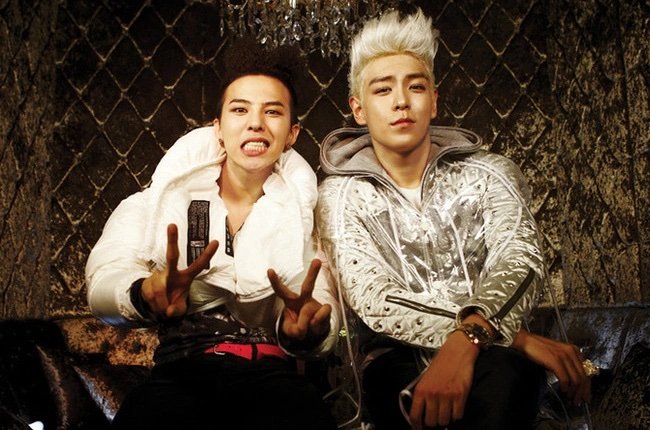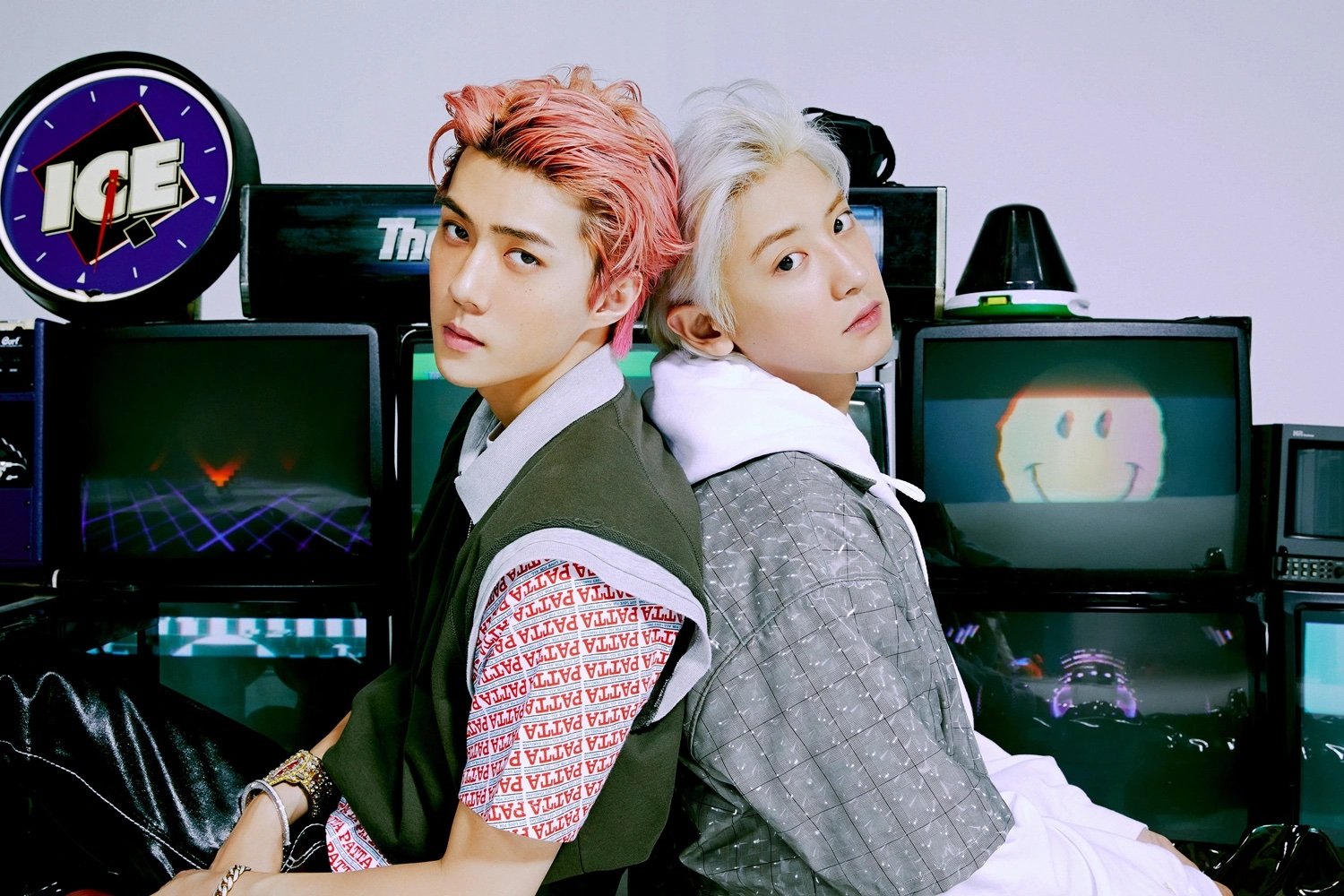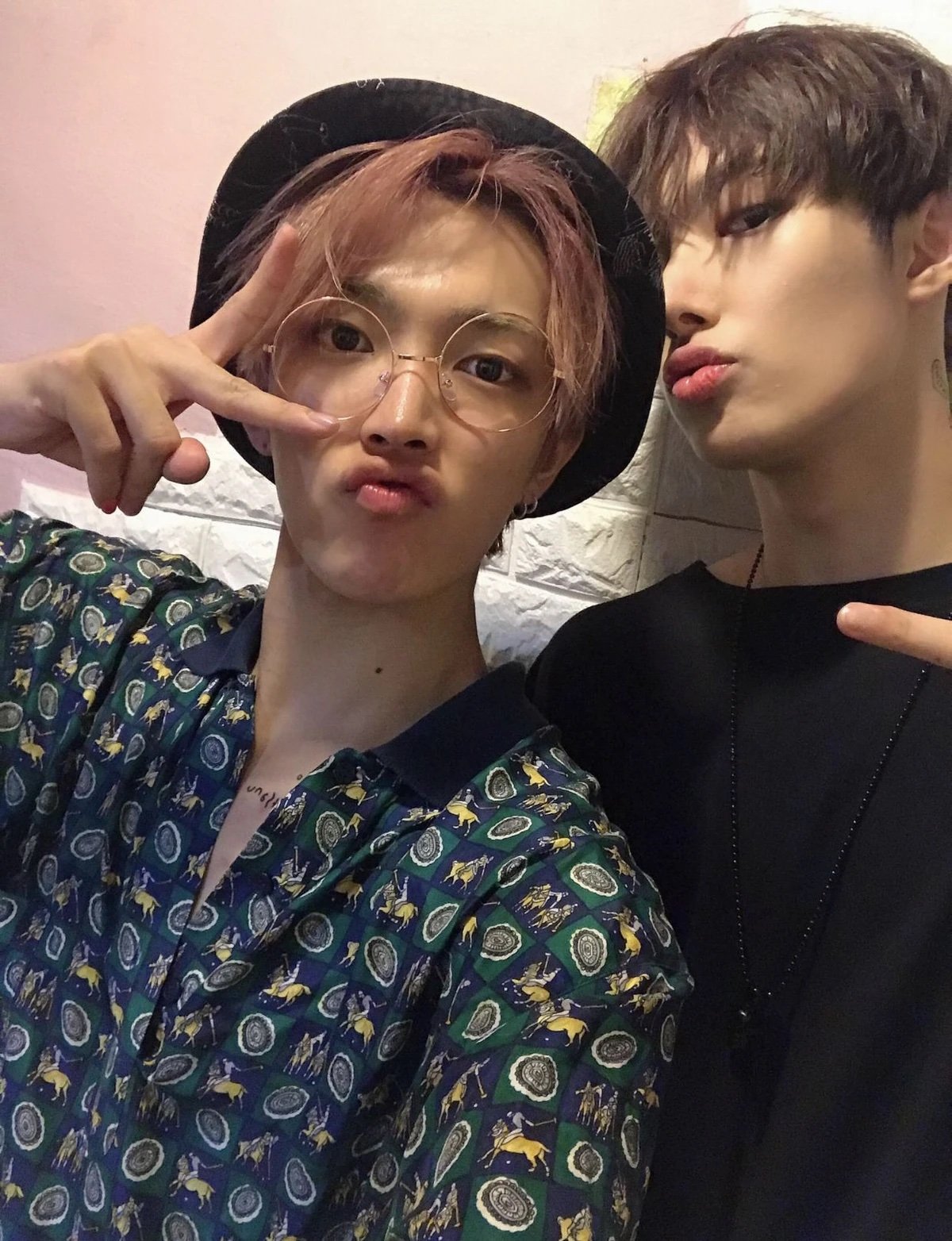In Defense of Idol Rappers
It’s no secret that there’s a gap between the respect that K-Hip-Hop rappers and K-Pop rappers receive, with many stating that K-Hip-Hop rappers deserve more respect because of their underground rapping years and the struggle to release music and reach as wide an audience as the rappers in K-Pop, who are trained to rap. Yet, many of our favorite K-Hip-Hop rappers are also included in the K-Pop sphere, and many K-Pop rappers are also featured in the underground rap scene before becoming idols. In this article, we’ll be discussing K-Pop rappers who proved themselves either in the underground scene or by their pure commitment to becoming the best rappers possible.
RM, SUGA, and j-hope - BTS
It’s no secret to BTS fans that both RM and SUGA were known in the Korean underground rap scene before they signed to BigHit Entertainment, and then went on to become members of arguably the most popular K-Pop group. Both members began writing and producing their own music in the late 2000s, participating in rap battles and even working with other underground rappers to release music together. During his time as Runch Randa, RM even worked with Block B member and K-Hip-Hop artist ZICO. While j-hope focused on dancing on the streets before debut, it’s no secret that he’s become an incredible rapper during his time with BTS, learning from his fellow rappers and expanding on his craft.
On his solo releases, RM has worked with the likes of Tablo from Epik High, Colde, Lil Nas X, and Wale. As for SUGA, he’s worked with yankie, Epik High, PSY, SURAN, IU, HEIZE, and Changmo. Though his features aren’t as large as his fellow BTS rappers, j-hope has worked with J-Cole and Becky G, and he even featured on the latest Agust D album.
With substantial careers as underground and idol rappers, it’s wild to think that many don’t respect RM and SUGA’s times in the underground rap scene just because they’re now the largest idols in K-Pop. If K-Hip-Hop veterans like Epik High can see their pure rap talent, why should it matter that they’re now idols? And if we can respect ZICO’s underground rap experience and still consider him K-Hip-Hop even though he debuted in a K-Pop group, why can’t the BTS rappers get the same respect?
G-DRAGON and T.O.P - BIGBANG
Before BTS, the first K-Pop group that took the globe by storm was BIGBANG, featuring rappers G-DRAGON and T.O.P. While the group hasn’t released a song together since after their mandatory military enlistments ended, and the rappers haven’t released new solo music since before that, the two are listed as inspirations for many rappers, whether they be in K-Pop or K-Hip-Hop. Much like the previous example, both G-DRAGON and T.O.P were underground rappers before joining YG Entertainment and becoming members of BIGBANG. G-DRAGON is also credited as the youngest idol rapper when he participated in the recording of Korean hiphop Flex in 2001 at the age of 13.
While many other rappers that are either current or former YG artists are considered both K-Hip-Hop and idol rappers, like MINO of WINNER and BOBBY of iKON, G-DRAGON and T.O.P have never received that same treatment.
Chanyeol and Sehun - EXO
Chanyeol and Sehun were both scouted by SM Entertainment at young ages, and once under the label, began to focus on rapping for a K-Pop group. After debuting with EXO, the two continued to improve and get better with rapping. They put in the work and would later go on to form the sub-unit EXO-SC. EXO-SC have released a full-length album and a mini-album. Both albums feature K-Hip-Hop rappers, with Gaeko of DynamicDuo featuring on both releases and penomeco featuring on 1 Billion Views.
While Sehun doesn’t have a strong solo presence, Chanyeol does; he’s released compilation songs for SM Station and a few variety shows, OSTs for K-Dramas and movies, and he’s also a featured artist on a song by Far East Movement. Though their list of accomplishments and experiences before joining SM Entertainment may not be as long or underground as the previous examples, they should still be credited for their talents and for introducing many fans to K-Hip-Hop.
Hongjoong and Mingi - ATEEZ
Before ATEEZ debuted, captain and rapper Hongjoong showed his dedication to becoming one of the best idol rappers. Both Hongjoong and fellow ATEEZ rapper Mingi have written their own verses since ATEEZ’s first release, with both becoming some of the top credited artists in K-Pop today. Even member Seonghwa showed proficiency in rapping, filling in for Mingi during his hiatus, and ATEEZ’s cover of the Seo Taiji and Boys track “Anyhow Song” shows the seven active members each handling the rap song. Don’t even get me started on Wooyoung’s impressive full dance breakdown with some of the most stable rapping I’ve heard.
While the two ATEEZ rappers have yet to release anything solo or in a sub-unit, it’s really only a matter of time. But their love of rap, their creativity when it comes to their verses, and their mastery of the genre at the time of their debut should be proof enough that they’re both worthy of recognition on a broader scale.
A lot of listeners, myself included, found out about K-Hip-Hop through K-Pop features. I found out about Kid Milli because of his feature on TAEMIN’s track, “Black Rose.” DEAN, Crush, penomeco, and MILLIC came into my life because of ZICO, who I started listening to because I love Block B. Crush led me to finding BewhY, and of course we all started listening to Epik High when we became ARMYs. While these are just a few of the K-Hip-Hop artists who have crossed over into the K-Pop sphere at some point, the question remains: what’s the real difference? Do idol rappers not struggle as much as K-Hip-Hop rappers to get their names and groups out there? Could both genres benefit from more crossovers and more shared acceptance and love expressed to the other? I guess only time will tell.
Edited by Aleena Faisal




